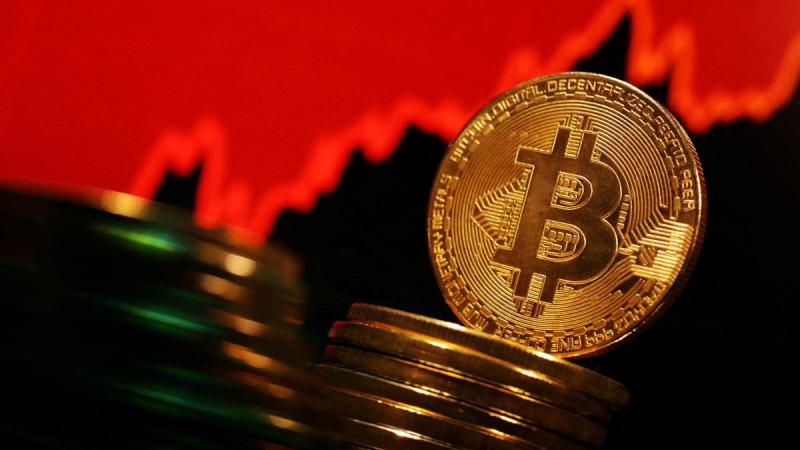CSOP Asset Management, a regulated asset management company, has launched the first inverse Bitcoin ETF in the Hong Kong market, allowing traders and investors to speculate on the loss of value of cryptocurrencies. The product complements other ETF products already available and further establishes the city as an international cryptocurrency market.
CSOP Asset Management Pioneer of Inverse Bitcoin ETF in Hong Kong
A number of products are now emerging in Hong Kong, a city that aims to become an international cryptocurrency hub. CSOP Asset Management, part of a Hong Kong-based joint venture with China Southern Asset Management and Oriental Patron, one of the largest companies of its kind in mainland China, recently announced the launch of the market’s first Bitcoin inverse exchange fund (ETF).
Inverse ETFs allow investors to profit from the negative performance of any asset (in this case, Bitcoin). CSOP’s product is called CSOP Bitcoin Futures Daily (-1x) and began trading on the Hong Kong market on Tuesday this week. Most analysts expect Bitcoin’s future to be bright following the assassination attempt of former US President Donald Trump and the withdrawal of US President Joe Biden from the reelection campaign, but Bitcoin prices are likely to fall for some periods.
Despite this prediction, Ding Chen, CEO of CSOP Asset Management, expects these products to generate $50 million to $100 million in inflows over the next two years. Still, Chan warned that investors need to control the risks associated with inverse Bitcoin ETF positions or take other positions to counteract them, even if Hong Kong’s financial products make it difficult. Chen explained that CSOP is also working on launching an inverse ETH ETF.
CSOP’s offering joins other ETFs that have launched in Hong Kong since April and recorded $362 million in inflows, a relatively small figure compared to the $60 billion raised by U.S. residents. Nevertheless, the former allows investors to directly exchange their crypto assets for ETF holdings, which differs from the latter mechanism.
- World Meditation Day 2024: The Emotional Growth Benefits of Mindfulness for Kids - December 21, 2024
- Bryson DeChambeau will make international history in his first tournament of the year - December 21, 2024
- Disney’s ‘Mufasa: The Lion King’: Who Is the Voice of the Legendary King? - December 21, 2024





